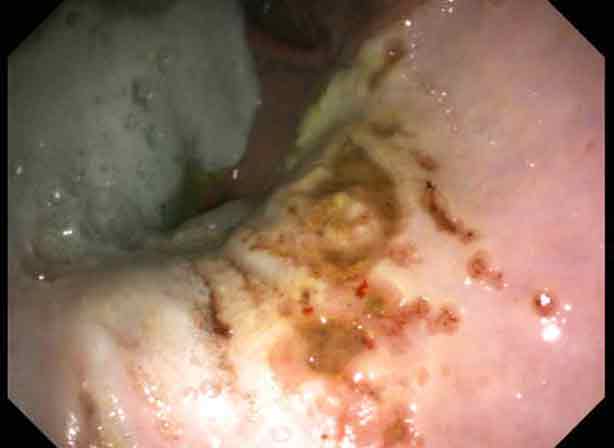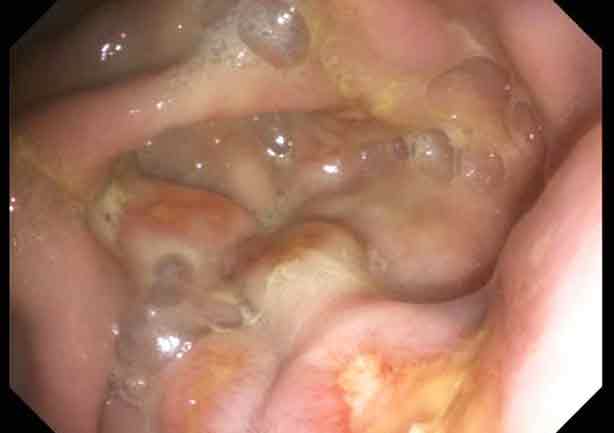12 Apr 2021

Image: © Alexia Khruscheva / Adobe Stock
Gastric disease is a highly prevalent condition in all equine breeds and equestrian disciplines, and its treatment has received considerable attention over the past two decades since gastroscopic examination became more widely available (Figure 1).
More recently, there has been a growing appreciation of the differences between diseases of the squamous and glandular portions of the stomach, with a realisation that treatment for glandular disease cannot simply be extrapolated from experience of managing squamous disease.
Following its registration in the UK in 2003, oral omeprazole has dominated the management of both squamous and glandular gastric disease, and it remains the only medicine registered for the management of squamous gastric disease. However, following trends in human medicine, other alternatives are being explored to improve treatment of squamous disease.
No products are registered for the management of equine glandular gastric disease. Omeprazole monotherapy is no longer considered effective for the treatment of glandular disease1,2 and recent clinical research has identified a number of unregistered alternatives that merit further investigation.


A range of treatments is used in the management of equine glandular gastric disease (EGGD; Figure 3), highlighting the absence of a universally effective treatment.

While huge knowledge gaps remain, the management of gastric disease has developed considerably in recent years as clinicians have embraced a number of new treatment options.
ESGD and EGGD are distinct conditions that are managed differently. Proton pump inhibitors remain the mainstay for ESGD, but new actives, enteric-coated formulations and parenteral administration may help to improve management of the condition.
Treatment of EGGD remains a challenge; the improved acid suppression that is achieved with LAIO appears to result in much higher rates of healing; however, cases exist that do not respond and other options such as misoprostol, sucralfate and glucocorticoids may all have a place. EGGD likely represents a syndrome, and until it is better understood there will be a degree of trial an error in managing the condition.